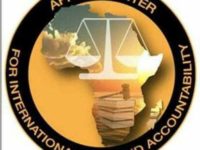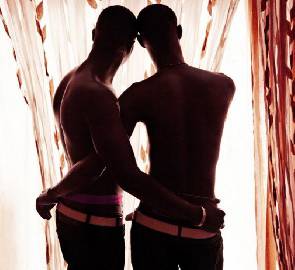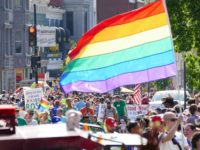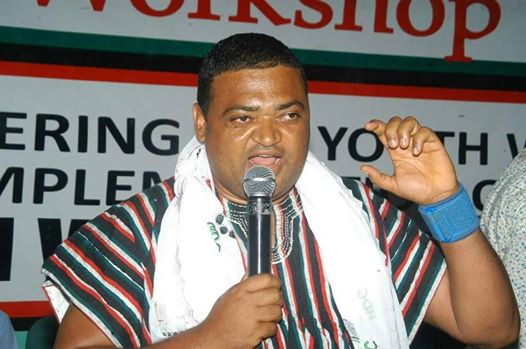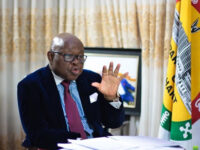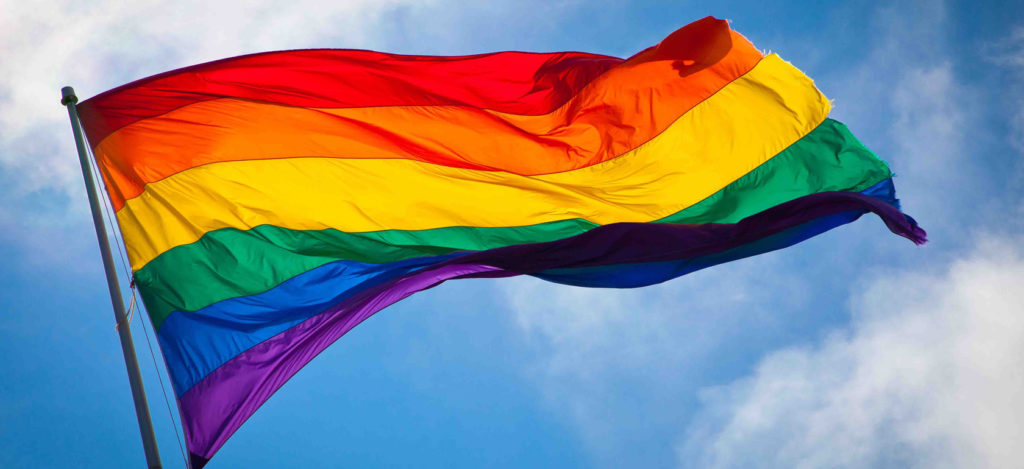
LGBTI flag
Ghana Gay Rights-Did you know that Ghanaians are more concerned about the perceived negative consequences of LGBTI issues than armed robbery, high cost of living, unemployment, galamsey, rape/defilement, and poor infrastructure?
In a survey conducted by Africa Center for International Law and Accountability (ACILA) Corruption was the number one concern followed closely by Lesbian, Gay, Bisexual, Transgender and Intersex (LGBTI) issues.
On November 7, 2017, Ghana appeared before the UN Human Rights Council (UNHRC) for a review of its human rights records under the Universal Periodic Review mechanism. During the review and follow up discussion by the Working Group, Ghana rejected (noted) recommendations to legalize same-sex marriage or decriminalize consensual sexual relations but accepted recommendations to provide Equal Protection of the Law from violence and discrimination against LGBTI people in accordance with Ghana’s domestic law and international human rights law obligations. ACILA is monitoring Ghana’s acceptance of the recommendation to provide Equal Protection of the Law against violence and discrimination for LGBTI people in Ghana. As part of this exercise, ACILA embarked on a study in June 2018 to gauge Ghanaians’ attitudes towards LGBTI issues and provide comprehensive scientific public opinion data to engender informed discussion for effective policymaking.
Other interesting revelations were made as far as Ghanaians’ perception and relationship with issues concerning which have already been published on www.acila.org.
Here are the other findings of the survey:
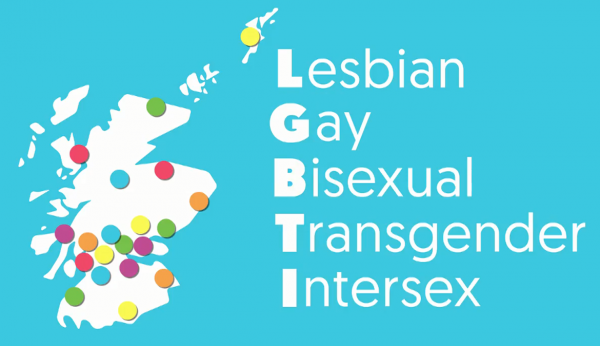
- More than 87% of Ghanaians say they know the 1992 Constitution of Ghana guarantees human rights to all persons in Ghana.
- Ghanaians are aware (81.5%) that Ghana is required by the UN, other international instruments and obligations, as well as the 1992 Constitution to protect the rights of all citizens in Ghana.
- About two-thirds of Ghanaians (60.7%) are not aware Ghana has committed to provide Equal Protection of the Law from violence and discrimination to all persons including LGBTI people under the United Nations Universal Periodic Review mechanism.
- More than two-thirds (70%) of Ghanaians are unaware the Commission on Human Rights and Administrative Justice (CHRAJ) has a “Discrimination Reporting System” for reporting on violence and discrimination against LGBTIs and Persons Living with HIV.
- Ghanaians are more concerned about the perceived negative consequences of LGBTI issues than armed robbery, high cost of living, unemployment, galamsey, rape/defilement, and poor infrastructure. Corruption was the number one concern followed closely by LGBTI issues.
- About 60% of Ghanaians “strongly disagree” or “disagree” LGBTIs deserve equal treatment as heterosexuals.
- A significant number of Ghanaians (87%) are against allowing LGBTI persons holding public meetings to discuss LGBTI issues. Ninety-one per cent of Moslems are against allowing LGBTIs holding public meetings; Christians (87%), Traditionalists (73.1%); and Atheists (33.3%). Respondents in the Volta Region had the highest approval (19.4%) allowing LBTIs to hold public meetings to discuss LGBTI issues.
- More than 97% of Ghanaians are aware the Police has a responsibility to protect every citizen against mob injustice, and “strongly agree” or “agree” by 94% that any person who engages in mob activity should be brought to justice. However, 20% “strongly disagree” or “disagree” that the Police has a responsibility to protect LGBTI people against mob injustice.
- Majority of Ghanaians (80%) are “very uncomfortable” or “uncomfortable” associating themselves with LGBTIs. However, about 67% will receive emergency medical treatment from a nurse or doctor they perceive as LGBTI. Thirty per cent of Christians; 40% of Moslems; and 50% of Traditionalists will not receive emergency medical treatment from a nurse or medical doctor who is perceived as LGBTI. Forty-four per cent of Ghanaians who are 51 to 61 years will not receive emergency medical treatment from a nurse or medical doctor who is perceived as LGBTI.
- About 13% of Ghanaians will “physically abuse”, “verbally abuse” or “force” an LGBTI to hide his or her identity if they discover a person who is LGBTI. Majority of Ghanaians (45.3%) will “socially shun” an identified LGBTI.
- More than 75% of Ghanaians applaud homophobic statements by state officials, religious leaders, or influential people in society. Only 24.5% say homophobic statements should be condemned. 12. Thirty-six per cent of Ghanaians are of the opinion that LGBTIs should be discriminated against in job search, religious association (10%) and public appointments (9.16%). 13. More than 54% of Ghanaians say expelling students perceived to be LGBTI should be promoted.
ABOUT ACILA
ACILA is an independent, non-partisan, and not-for-profit organization that advocates justice for victims of international crimes, monitors African States’ compliance with their international obligations and commitments under international law, and promotes the rule of law and public accountability.
-Ghana Gay Rights-
What do you think about this piece? Share your comment in the comment thread and share the story using the social media buttons above. Thank you.
